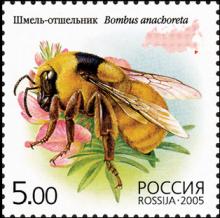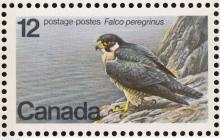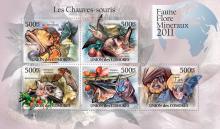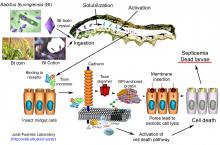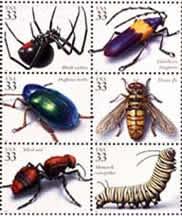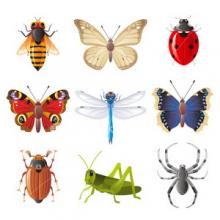Neonicotinoidi, le lobby dei pesticidi all’assalto di Bruxelles
I colossi dell’agrochimica tornano all’assalto di Bruxelles per salvare i loro prodotti a base di neonicotinoidi. Nel 2013 l’Agenzia europea per la sicurezza alimentare (EFSA) aveva puntato il dito contro il thiamethoxam (prodotto da Syngenta), il clothianidin e l’imidacloprid (entrambi prodotti da Bayer) nel caso di applicazione spray sulle colture. L’Agenzia Ue con sede a Parma aveva poi concluso in uno studio del 2015 che «sono stati identificati gravi rischi o non è stato possibile escluderli».

